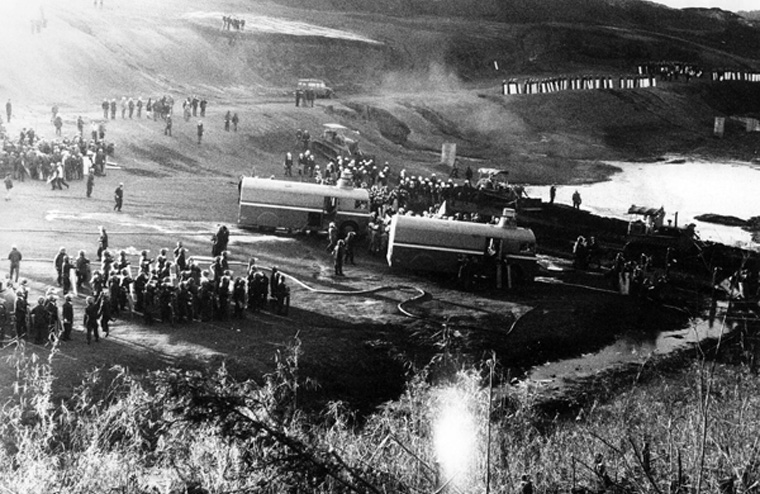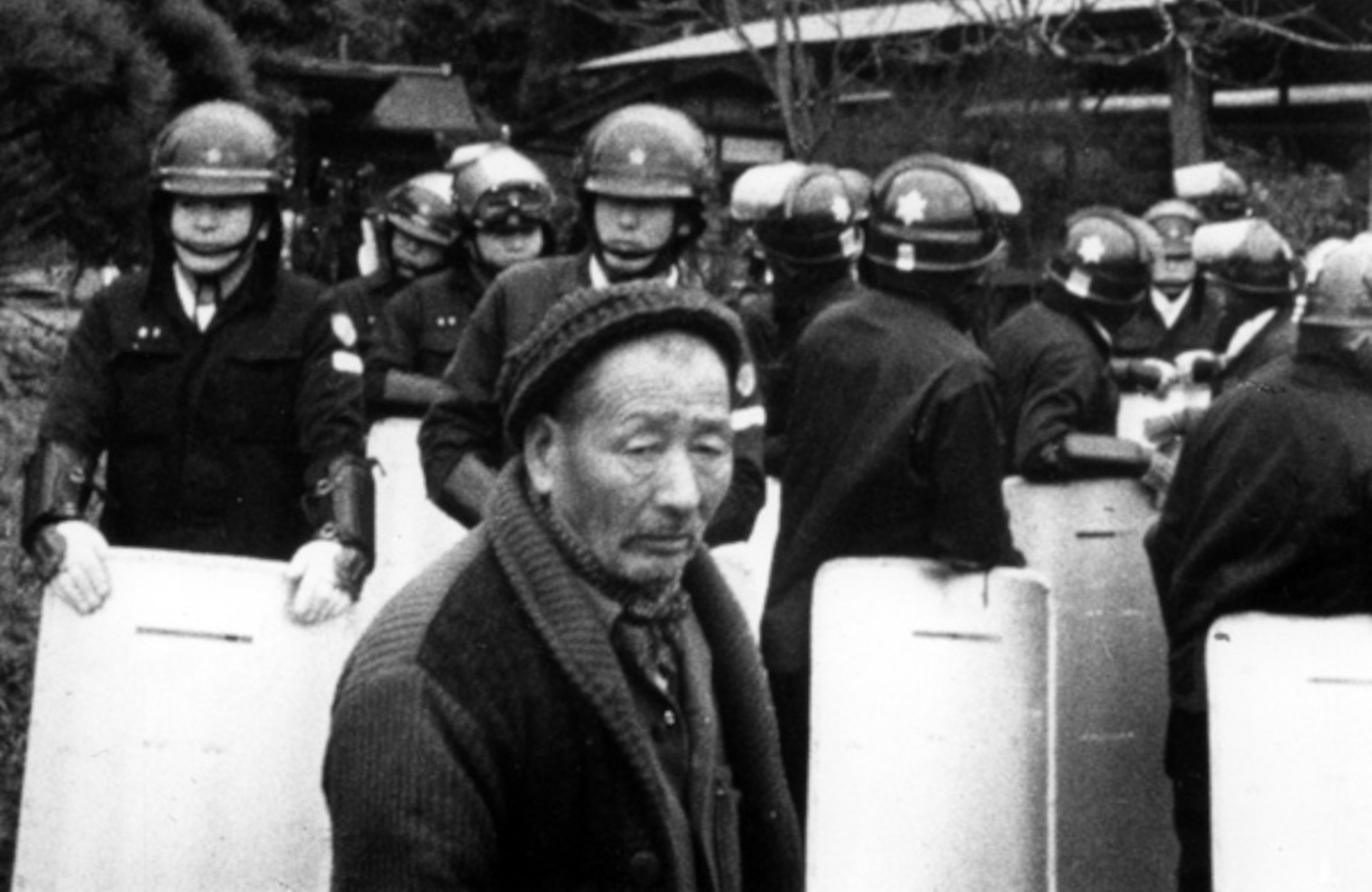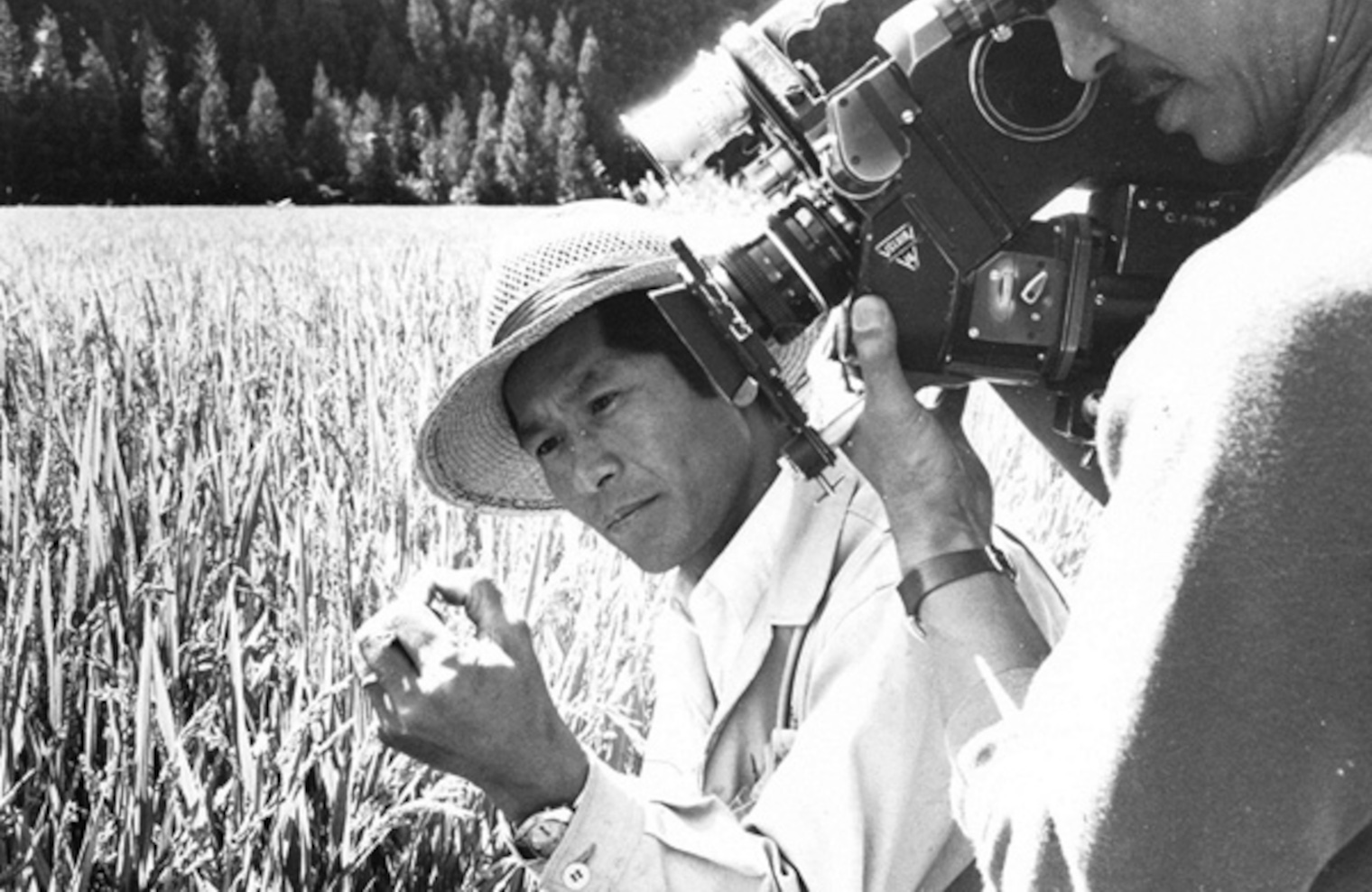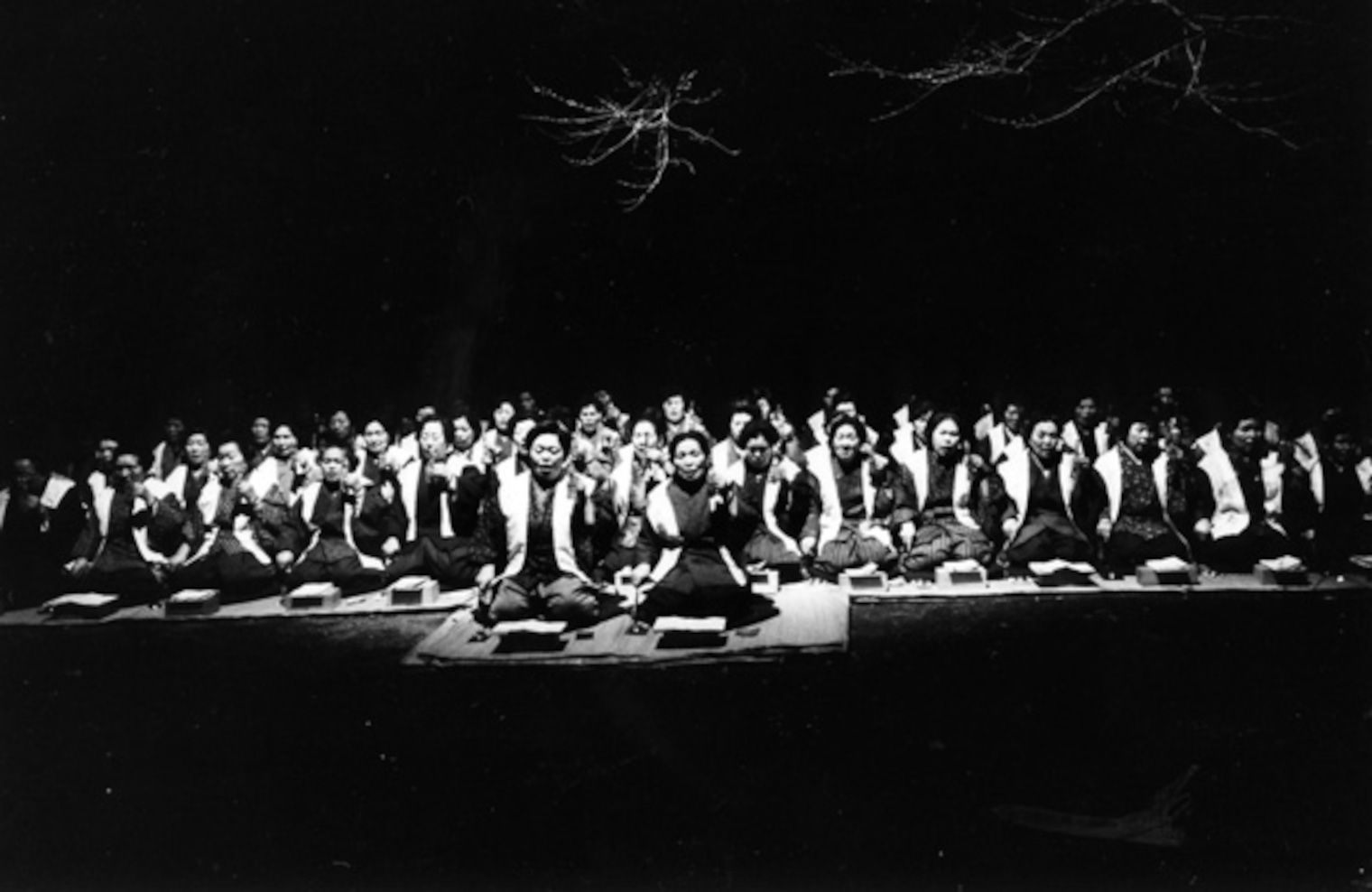Of Time and Struggle - Four Films by Ogawa Productions
“Ogawa’s method returns to the original intention of documentary, realising the principle of documentary. What are the principles and original intention of documentary? First it is a love toward the object documented, a strong admiration and attachment, and it is carrying this first principle over a long period of time. Nearly all the films considered masterpieces fulfil these two conditions.” (Oshima Nagisa)
This program highlights four crucial documentaries made by Ogawa Productions between 1971 and 1986. This collective of filmmakers founded in the late 1960s, under the direction of Ogawa Shinsuke, chronicled with remarkable dedication some of the major political and social upheavals in Japan’s ‘season of politics’ from the 1960s through the 1970s, including the struggles of the student movement and long-term resistance by farmers in Sanrizuka. Ogawa Productions’ work aspired to collective decision-making, achieving an unusual level of engagement with the people they filmed. They aimed to make independent and partisan films, while at the same time developing alternative ways for distributing, screening and discussing their work.
Their first films took sides with the student protest movement in Japan in the mid- to late 1960s, and were a radical alternative to existing models of documentary filmmaking. These dispatches from the front lines of the struggles were highly influential, reflecting the growing, deep social unrest across the country. In 1968, the filmmakers joined the mounting resistance of farmers in the fields of Sanrizuka, near Tokyo, to combat government plans to expropriate their lands in order to build a new international airport. Following the same principle of proximity that had characterized their early films, they settled in the village of Heta, where they lived for the next years, documenting the conflict in a monumental series of seven powerful social protest films. As the conflict withered, they turned their cameras from the battlefield to the slow pace of village life, and with extreme sensibility, captured the stories, ordeals and communal experiences of the farmers.
In 1974, following the Sanrizuka series, Ogawa Productions moved to the village of Magino, in the prefecture of Yamagata, where for the next decade, they lived communally, painstakingly crafting two remarkable films about rice farming, as well as about the traditions, myths and shifting realities of rural Japan. Historical and mythical time blend with the daily life of the village and the seasonal cycles of the crops, as storytelling, fictional reenactments and documentary approaches are combined to create truly original and idiosyncratic films.
Ogawa Shinsuke and the collective’s practice and ideas became highly influential to a whole generation of filmmakers, in and beyond Japan. Their practice raises timely and pertinent questions about radical filmmaking, documentary aesthetics, political participation, representation and agency, as well as questions of authorship and the complex nature of collective filmmaking.
Professor Markus Nornes, author of Forest of Pressure (2006), a fundamental book about Ogawa Shinsuke and postwar Japanese documentary, will be present in Ghent to guide us through the stories, practice and theories behind these films and the lives and work of the members of Ogawa Productions.
Supported by The Japan Foundation, Athenée Français Cultural Center, Tokyo
Thanks to Yamagata International Documentary Film Festival, ICA, David Powell



